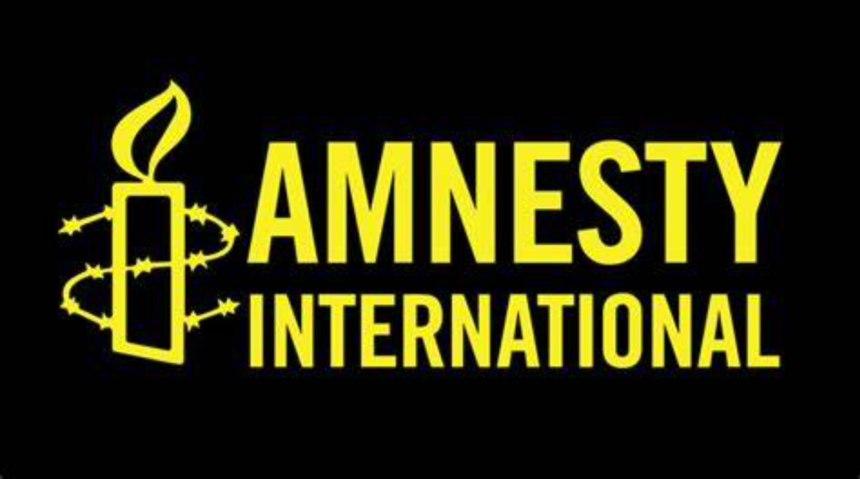Amnesty International has released a report on December 16, accusing Serbian officials of using surveillance software to spy on journalists and activists. According to the report, forensic evidence and testimonies from those affected show that their phones were hacked in recent months.
The software, provided by the Israeli company Cellebrite DI Ltd., was used to hack phones in at least two cases, the report reveals. The Serbian spyware program, named “NoviSpy” by Amnesty, captured secret photos of mobile devices, copied contacts, and uploaded them to a government-controlled server.
Amnesty noted that some activists and a journalist reported suspicious activities on their phones immediately after interviews with Serbian police and security authorities.
Neither the Serbian Ministry of the Interior, Ministry of Foreign Affairs, nor the intelligence agency BIA responded to comment requests made on December 12.
Cellebrite’s products are widely used by law enforcement agencies, including the FBI, to unlock smartphones and search for evidence. Cellebrite’s marketing head, David Gee, stated that the company is investigating Amnesty’s allegations.
“If these accusations are accurate, they could constitute a violation of our user licensing agreement,” Gee told Reuters. He also mentioned that if proven true, Cellebrite could suspend the use of its technology by Serbian authorities.
The installation of surveillance software on devices “is absolutely not something we do,” Gee emphasized. He added that Cellebrite had already started contacting Serbian officials but declined to provide further details.
One of the activists mentioned in Amnesty’s report noted that their contacts were immediately exported after a meeting with BIA. The activist showed their phone to digital forensic experts, who discovered that the NoviSpy program had exported contacts and sent private photos from their device to a server controlled by BIA.
Amnesty also stated that Serbia received phone-breaking equipment from Cellebrite as part of a broader aid package to support Serbia’s EU integration efforts. The package, funded by the Norwegian government and managed by the United Nations Office for Project Services (UNOPS), was offered to Serbia’s Ministry of the Interior between 2017 and 2021 to help combat organized crime.
The Norwegian government temporarily halted the delivery of Cellebrite equipment to Serbia in 2018, Amnesty reported. The Norwegian Embassy in Belgrade also raised concerns about the program, but UNOPS eventually delivered the equipment in June 2019.
Norwegian Deputy Foreign Minister Maria Varteressian expressed alarm over the allegations, stating, “The claims made in the report are alarming and, if true, unacceptable.” She added that authorities would meet with Serbian officials and UNOPS later this month to obtain more information.
UNOPS welcomed Amnesty’s report and stated that since 2017, the agency has “further strengthened mechanisms to assess and mitigate possible negative impacts.” However, the agency did not provide further details on these measures.







